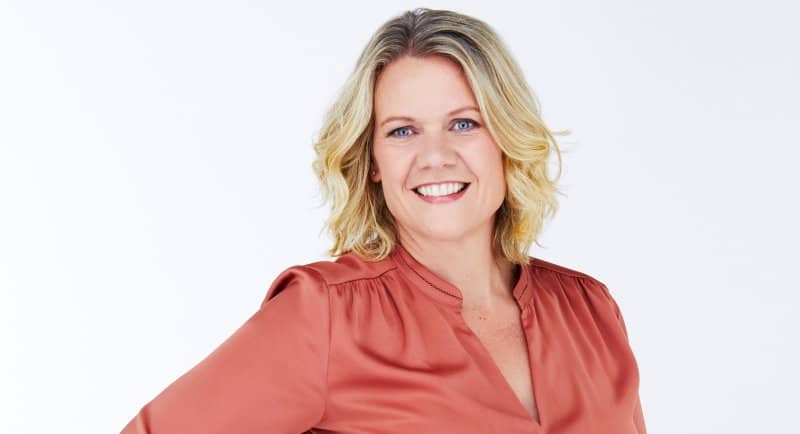News Corp Australia has begun rolling out its restructure, which will see the publishing business divided into three divisions and involve news.com.au’s editor-in-chief, Lisa Muxworthy, exiting the business.
The three divisions will include: free news like news.com.au; state and community mastheads such as The Daily Telegraph and Courier Mail; and prestige titles, including The Australian and Vogue.
Muxworthy, the editor-in-chief of news.com.au – the most popular news website in the country – and John McGourty, the Editorial Innovation Centre’s group director, are among the first to reportedly exit.
Executive chair Michael Miller has confirmed to staff that “some impacted people will regrettably leave our business.”
“As we are now living at a time when the way news and information is created and consumed is changing faster than it has ever changed, we too must continue to evolve,” he wrote to staff.
Under the new structure, Nicholas Gray will lead the prestige division, and The Australian‘s editor-in-chief Michelle Gunn will have magazines added to her remit.
Mark Reinke will head the state and community mastheads division, which will capture The Daily Telegraph, Herald Sun, Courier Mail, and Advertiser, plus regional and community publications.
And Pippa Leary – most recently a key exec at the annual D_Coded event – will become managing director of the free news and lifestyle division, spanning news.com.au, the NCA newswire, and lifestyle digital brands. Mick Carroll, the Sunday Telegraph‘s editor, becomes editor-in-chief, and The Daily Telegraph editor-in-chief Ben English will step into a bigger role leading the national reporting team. The Herald Sun’s Sam Weir will add the Hobart Mercury and Weekly Times to his responsibilities.
Jason Scott, the current managing director of news in Queensland, will be executive director of the sport network. Current national executive editor Peter Blunden will move to a part-time advisory role and remain on the board.
News UK CEO Rebekah Brooks and Lachlan Murdoch were in Sydney ahead of the plans being unveiled to staff.
The changes to News Corp’s structures come after Meta pulled out of its deals to continue paying for news. The big publishing businesses, namely News Corp and Nine, are lobbying the government to ‘designate’ Meta, which would see it forced back to the bargaining table.
If the government makes this decision, the risk is Meta will strip all news from its platforms in Australia, as it has done in Canada, disproportionately impact small and independent news publishers.
“Our nation’s response to this techno-anarchist will be watched closely on the international stage,” Miller wrote in an opinion piece in March.
“If content providers were farmers, Meta would steal their crops and demand their victims thank them for the privilege.
“After months of failing to enter negotiations with Australian media outlets we should believe Meta when it says it won’t pay for news. It has, as they say, some form in this area.
“It represents yet another demonstration of the imbalance of bargaining power which the code was designed to restore.”
Recently, News Corp held its annual D_Coded event for clients. Leary told Mediaweek of the event’s context: “We know in digital, there’s a tonne of people selling snake oil.
“What we try and do with D_Coded is hit on a theme each year, which really zeroes in on the key marketing challenges our clients are facing.”
See also:
Pippa Leary: How D_Coded tackles ‘the two horsemen on the horizon’
Lou Barrett: D_Coded all about creating better outcomes for News Australia clients
